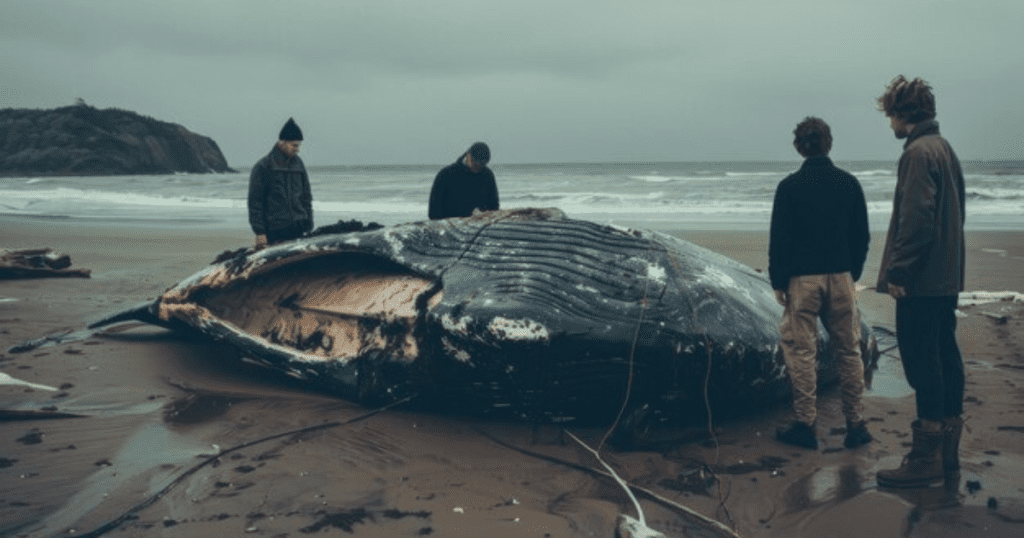The Role of Local Communities in Marine Conservation
As the research team discussed the implications of the encounter with the giant whale, they also recognized the pivotal role that local communities play in the success of marine conservation efforts. Often, conservationists focus on global policies and scientific research, but it is the local communities that have the most direct interaction with marine life. Communities living near coastal areas or dependent on the ocean for their livelihoods can be powerful advocates for the protection of marine ecosystems.

The strange behavior of the whale highlighted the importance of understanding the social and cultural context of the communities living near whale habitats. Local knowledge, passed down through generations, can offer valuable insights into whale behaviors, migration patterns, and interactions with the environment. Researchers working together with these communities can help learn more of the animal species they work with. Meanwhile, locals can be equipped with the resources and know-how to help them care for their natural endowments. In such an exchange, both sides can profit from a powerful foundation to build conservation in the light of sustainable practice.
More so, ecotourism is increasingly becoming popular with the majority of the coastal communities, who appreciate a model for economic sustainability since this often entails protecting wildlife and the environment to complement the development profile in their regions. The encounter with the giant whale revealed how conservation of the ocean depends on involving local communities from becoming only mere observers but vital agents to ensure long-term successes for any conservation policy. By aligning the interests of both humans and whales, it is possible to create a future where both can coexist and thrive.





